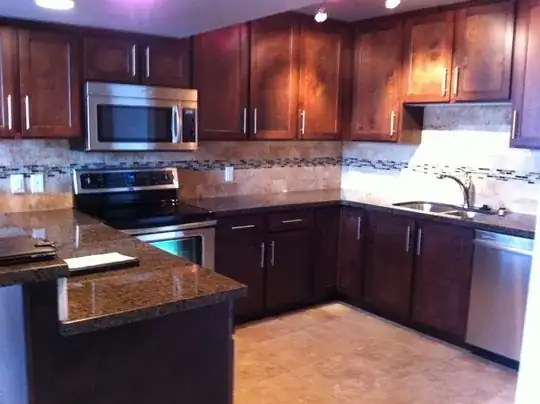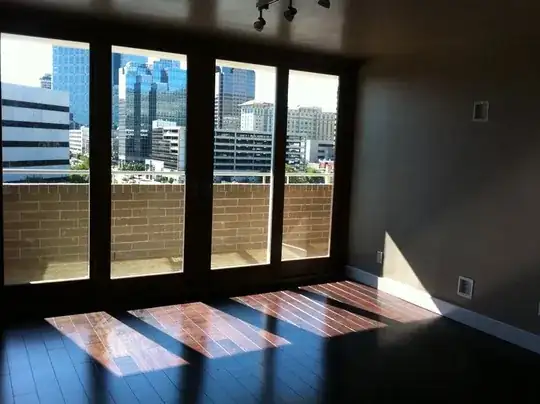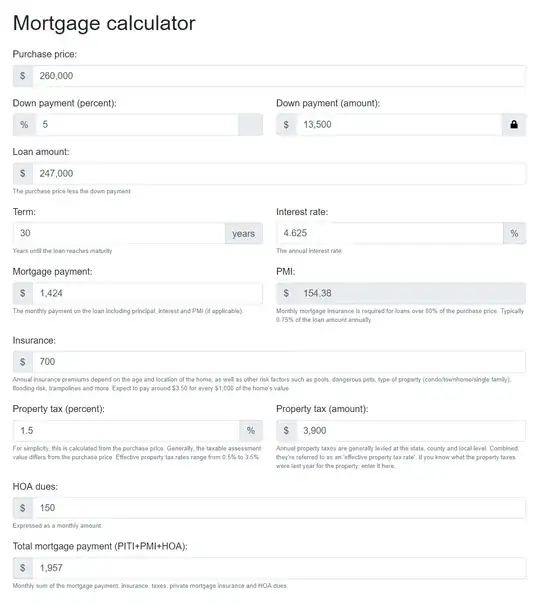I'm 25, and I'm in the process of closing on a $260,000 mortgage for a very nice condo in downtown Salt Lake City. My salary is $80,000 right now, which I feel is pretty solid, but I'm starting to get cold feet as I am a first-time homeowner and the amount of interest just seems devastating to me.
My question is, are my fears warranted, or am I just being paranoid? Reading a few finance articles, I have heard that most people can afford anywhere from 3-5 times their gross salary on a mortgage. Clearly, I am within that range, but there are also property taxes, HOA fees ($150 per month), and utilities to take into consideration. Another consideration is that I do not have much cash saved for a down-payment. I had a substantial sum, but family troubles combined with paying off my student loans ate up most of my savings.
Some other nuggets of information to aid in any advice/calculations:
- I've rented for the past 4 years; my current rent is $600 per month.
- The condo is a 2-bedroom and I do have a roommate in mind. His monthly budget is $700 per month.
- For the down-payment, I am considering taking a loan on my 401k. I can take up to 50% of the total balance with no penalties. The balance right now is around $25,000. Of course, if I do take a loan, that's another monthly bill I will have to pay.
- I have $6,000 in liquid cash, and the condo association has agreed to pay $7,500 towards closing costs.
- The interest rate I am looking at is 4.625%.
Am I in a reasonable position, or am I setting myself up for being "house-poor?"
SIX MONTHS LATER:
I appreciated all the good advice, and I figured I would give you an update and let you know how it all turned out.
Basically, I ended up pulling the trigger. Researching the economy in Salt Lake City made me feel quite optimistic and I was pretty much in love with the location, so I went ahead with it and even took out $12,000 from my 401k for the down-payment (coincidentally, the stock market plunged immediately afterward). Interest rates dropped to 4.375%. In addition, my roommate and I worked out a deal where he would pay 4 months rent upfront, so I was able to get $2,400 more to put into initial home-related expenses.
After a fairly drawn-out closing process, I finally moved in at the end of August. The property appraised for nearly $280,000, and is projected to increase to $300,000 over the next five years! The place is beautiful and such a step up from the dingy apartments I've been renting; I couldn't be happier with the decision. Here's some pictures to give you a feel for it.



